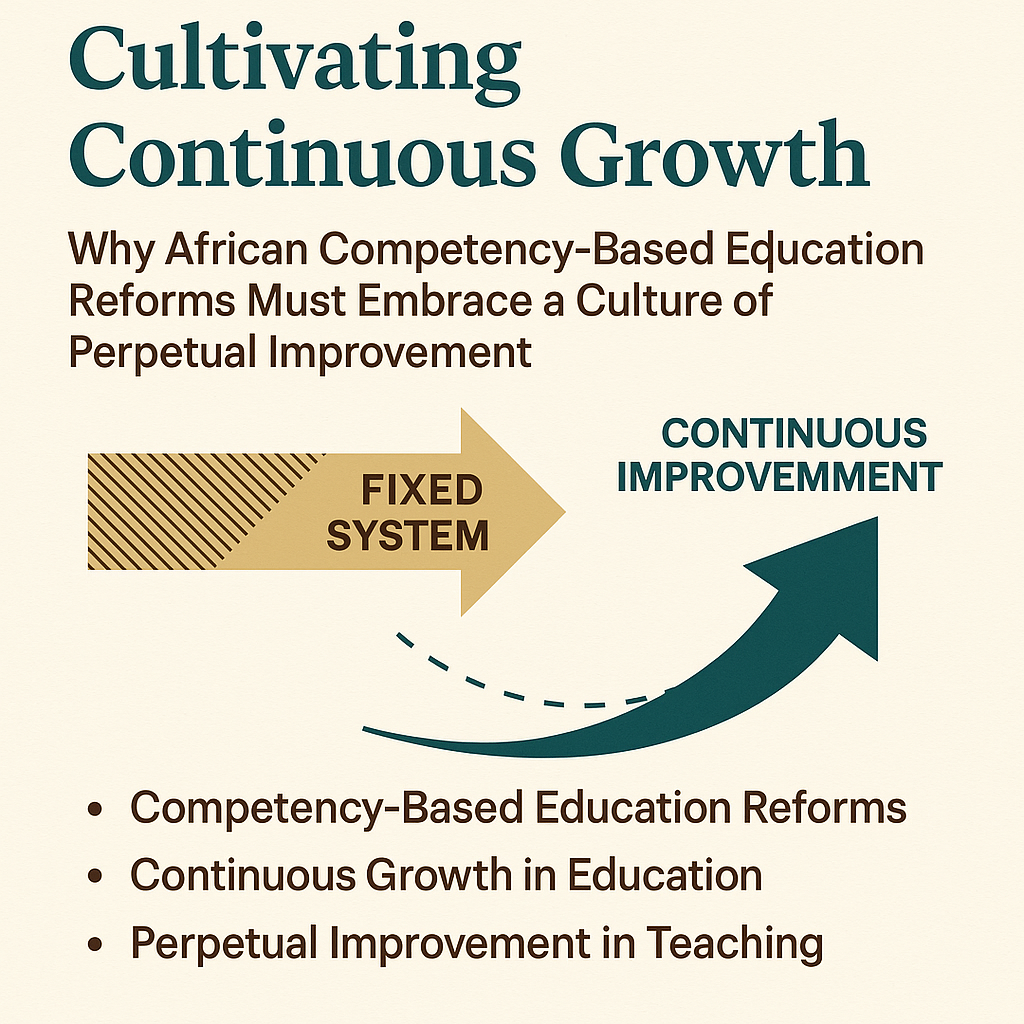
Father’s Day is a special occasion dedicated to honoring the remarkable contributions of fathers and father figures in our lives. It is a day to celebrate their love, guidance, and unwavering support. In the context of education, particularly under the Competency-Based Curriculum (CBC) in Kenya, Father’s Day serves as an opportune moment to reflect on and promote the vital role fathers play in their children’s academic and personal development.
The Role of Fathers in Education
Traditionally, the involvement of fathers in education has been less emphasized compared to that of mothers. However, research increasingly highlights the profound impact that active paternal engagement can have on a child’s educational outcomes. Fathers who actively participate in their children’s education contribute to better academic performance, enhanced social skills, and improved behavior. In the CBC framework, which emphasizes holistic development and practical skills, the presence of fathers can provide unique benefits that complement and enhance the learning process.
Understanding the Competency-Based Curriculum
The Competency-Based Curriculum (CBC) implemented in Kenya is designed to equip learners with practical skills, knowledge, and attitudes necessary for the 21st century. It focuses on developing competencies such as critical thinking, problem-solving, creativity, and collaboration. The CBC framework encourages active learning and parental involvement, recognizing that education extends beyond the classroom and involves the community and family.
The Importance of Parental Engagement in CBC
Parental engagement is a cornerstone of the CBC approach. The curriculum acknowledges that parents are crucial partners in the educational journey of their children. Their involvement is pivotal in reinforcing the skills and values taught in school. For fathers, this means taking an active role in various aspects of their child’s education, from participating in school activities to supporting learning at home.
Ways Fathers Can Engage in Their Children’s Education
- Active Participation in School Activities: Fathers can attend parent-teacher meetings, school events, and extracurricular activities. This involvement shows children that their education is valued and that their achievements are celebrated by both parents.
- Homework and Study Support: Assisting children with their homework and study routines helps reinforce learning. Fathers can provide a different perspective and share their own knowledge and experiences, making learning more relatable and interesting.
- Promoting Practical Learning: The CBC emphasizes practical skills. Fathers can engage their children in hands-on activities like cooking, building projects, or gardening. These activities not only teach valuable skills but also strengthen the parent-child bond.
- Encouraging Reading and Critical Thinking: Reading together and discussing various topics encourages critical thinking and a love for learning. Fathers can introduce books, articles, and other reading materials that spark curiosity and expand knowledge.
- Modeling Positive Behaviors: Children learn by observing. Fathers who demonstrate values such as discipline, responsibility, and respect provide powerful role models for their children. This modeling reinforces the character education aspect of the CBC.
- Open Communication: Maintaining open lines of communication with children about their experiences, challenges, and achievements in school fosters a supportive environment. It allows fathers to understand their children’s needs and provide the necessary support.
Benefits of Paternal Engagement in CBC
The benefits of fathers’ involvement in the CBC curriculum are manifold. Children gain confidence knowing their fathers are invested in their education. They develop a stronger work ethic and are more motivated to achieve academic success. Additionally, the emotional support provided by fathers can reduce stress and anxiety, contributing to a positive learning environment.
For fathers, engagement in their children’s education can be immensely rewarding. It provides an opportunity to bond, share experiences, and witness firsthand the growth and development of their children. This involvement also fosters a sense of pride and fulfillment, knowing they are contributing significantly to their children’s future.
Encouraging Fathers to Be Present
This Father’s Day, let us not only celebrate the fathers who are already actively involved but also encourage more fathers to take up this vital role. Schools and communities can play a part by creating father-friendly programs and events that encourage participation. Workshops and seminars on effective parental engagement can equip fathers with the skills and knowledge they need to support their children’s education effectively.
Conclusion
Father’s Day is more than a celebration; it is a reminder of the important role fathers play in the lives of their children. Under the Competency-Based Curriculum, the engagement of fathers is crucial in fostering a well-rounded education. By actively participating in their children’s learning journey, fathers can help nurture future generations who are not only academically proficient but also equipped with the skills and values necessary for life. This Father’s Day, let us honor the commitment of fathers and inspire more to join in the mission of shaping the minds and hearts of the next generation.


